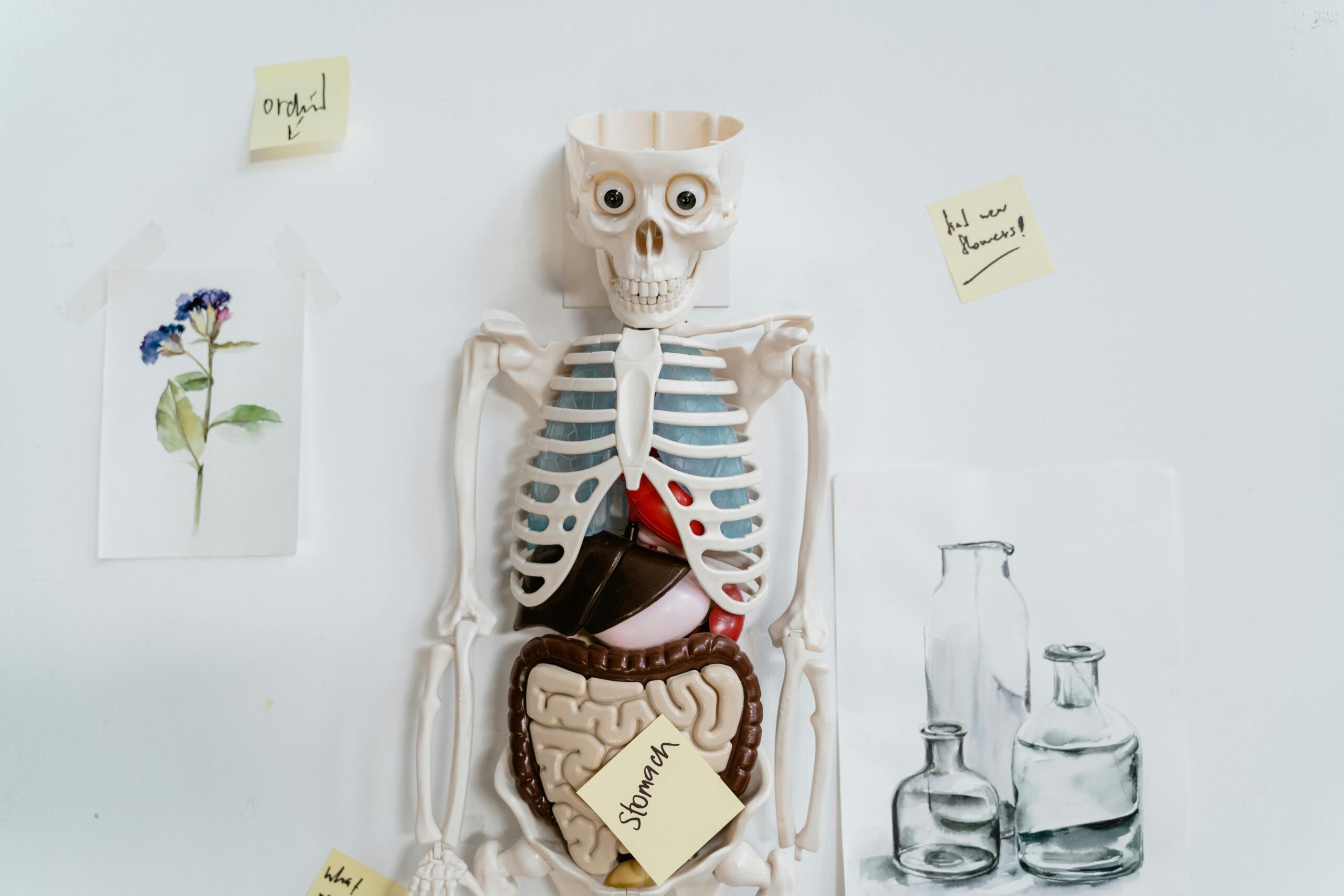Becoming a doctor is a dream for many, but the road to medical school is long, competitive, and often overwhelming. Between high grades, entrance exams, and interviews, there’s a lot to prepare for before you even set foot in your first lecture hall.
The good news? If you start preparing early and strategically, you can enter med school with confidence. Whether you’re still in high school, already in university, or in the middle of your pre-med program, here are 8 things to help you become “med school ready.”
1. Get Strong Academic Foundations Early
Medical school demands an exceptional understanding of science, so it’s best to build your foundation as early as possible. Focus on:
-
Biology and Chemistry for understanding the human body and medicine
-
Physics for developing problem-solving and analytical thinking
-
Mathematics for research, diagnostics, and pharmacology
If you’re already in university, choose electives that strengthen your science background and research skills.
2. Understand the Entrance Exam Requirements
Depending on where you plan to study, you might need to pass exams like:
-
UCAT (UK Clinical Aptitude Test)
-
GAMSAT (Graduate Medical School Admissions Test)
-
MCAT (Medical College Admission Test, mainly in the US and Canada)
These tests don’t just measure knowledge—they assess reasoning, problem-solving, and decision-making skills. Start preparing well ahead of time, and consider joining study groups or using practice question banks.
3. Gain Real-World Healthcare Exposure
Admissions teams want students who understand what the medical profession involves—beyond TV dramas. Look for opportunities to:
-
Volunteer in hospitals or clinics
-
Shadow doctors to see their daily routines
-
Participate in community health programs
These experiences will give you insight into the challenges and rewards of being a doctor, while also making your application stand out.
4. Develop Your Communication Skills Early
Doctors deal with patients, families, and healthcare teams daily, so strong communication skills are essential. From explaining diagnoses in simple terms to calming anxious patients, you’ll need to communicate clearly and empathetically.
You can practice by:
-
Joining debate clubs
-
Volunteering in customer service roles
-
Participating in group projects where you need to present information
These skills will also come in handy when you start preparing for interviews—especially if you plan to take medicine interview courses.
5. Prepare for Interviews Like a Pro
Interviews can make or break your med school application. Schools want to see not only your knowledge but also your personality, ethics, and motivation. You might face:
-
Panel interviews
-
Multiple Mini Interviews (MMIs)
-
Situational Judgment Tests (SJTs)
A great way to prepare is by enrolling in medicine interview courses. These courses help you:
-
Practice answering tough ethical questions
-
Handle high-pressure scenarios
-
Improve body language and confidence
Since interviews are often the last hurdle before acceptance, professional guidance can give you an edge.
6. Build Your Time-Management Skills
Medical school involves a heavy workload—often with lectures, lab work, and clinical placements all in the same week. Developing good time-management habits now will save you from burnout later.
You can start by:
-
Using planners or scheduling apps
-
Breaking big projects into smaller, manageable tasks
-
Setting boundaries to protect study time
The ability to balance multiple responsibilities will be invaluable once you’re juggling coursework, patient care, and research.
7. Learn to Handle Stress and Maintain Well-being
Medicine can be emotionally and mentally taxing. From the pressure of exams to witnessing human suffering, the demands are real. That’s why developing coping strategies early is crucial.
Consider:
-
Regular exercise and a balanced diet
-
Mindfulness or meditation practices
-
Talking to mentors or peers when you’re struggling
A strong mental health foundation will help you stay resilient throughout your medical career.
8. Stay Passionate and Curious
Admissions officers can tell when a candidate is genuinely passionate about medicine. Keep your curiosity alive by:
-
Reading medical journals or the news
-
Watching lectures or webinars
-
Following health-related podcasts or YouTube channels
The more you immerse yourself in the world of medicine, the more authentic your application and interview responses will be.
Nothing is out of reach!
Getting into medical school is challenging, but with the right preparation, it’s absolutely achievable. Strengthening your academic skills, gaining real-world exposure, and practising your communication abilities will set you up for success.
Most importantly, remember that interviews are not just about proving you’re smart—they’re about showing you’re the kind of person patients and colleagues can trust. That’s why investing in medicine interview courses can be one of the smartest steps you take.
If you start building these skills now, you won’t just be “med school ready”—you’ll be ready for the long, rewarding journey of becoming a doctor.







0 Comments